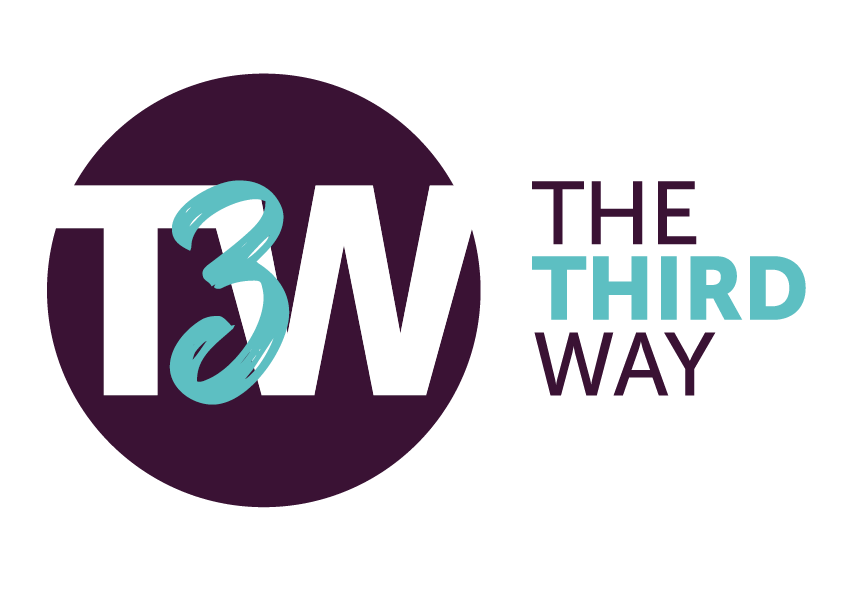Introduction to the Module
3 Topics
Starting a Social Enterprise Project
8 Topics | 1 Quiz
Delivering Your Excellent Project
7 Topics | 1 Quiz
Why is Project Management Essential for Social Enterprise?
Project Types
In the video we heard about the different types of project, such as:
1. Large Scale Project using lots of resource and expenses, very complex and often time expensive, often including:
- A project brief detailing aspects of legal representation of some sort.
- Outlines of scopes of work, resource allocation and responsibilities.
- Use of detailed scheduling methods and control mechanisms.
- Risk assessment in terms of likely successes or failures.
- Clearly defined expectations of a customer or funding agency or both.
- Stakeholder analysis to identify power and influence over project success.
2. Smaller Projects that are much easier and often require a quick conclusion:
- Less risky, less resource intense, much easier to control.
- Just do it!
3. Rapid Response Project requiring emergency or urgent attention, which needs:
- Safety controls in place and rules and experienced guidance.
- Clearly defined hierarchy with roles and responsibilities.
- Communication, communication and communication.
- Command and control principles in place.

Of course, this is simplifying a very complex environment, and we must realise that categorising projects in this manner, is just a guide for us to understand Project Management a little better. Not all projects will fit into these three categories. For instance, there may be a Social Enterprise project that fits in between a small simple project and a large complex project. Nevertheless it is worth understanding the management practices that are predominant in the three types. This will give you guidance and confidence to choose the amount of Project Management you need.
Some Thought Provoking Points
- Think about projects you have been involved in and where they would fit into these three categories.
- Can you identify a project that you were involved in that fits between any two of these project categories?
- Which category of project is more to your preference? 1) as a manager 2) as a leader 3) as a resource?

